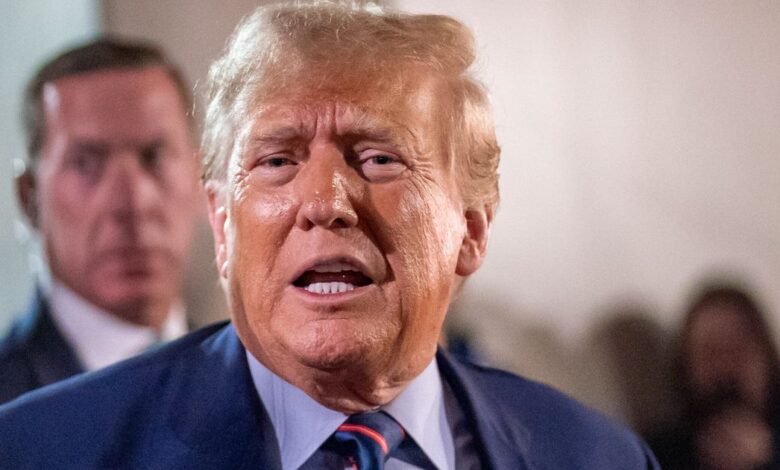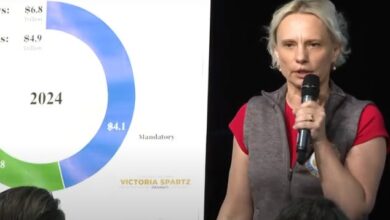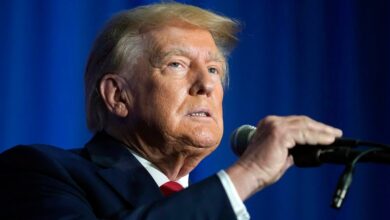Supreme Court Reviews Pivotal Case on Trump’s 2024 Election Eligibility

The Supreme Court recently convened to hear a landmark case that could have far-reaching implications for American politics, focusing on a bid to disqualify former President Donald Trump from the 2024 presidential ballot. This case emerges as a critical examination of constitutional stipulations and the eligibility criteria for presidential candidates, spotlighting the intricate balance between legal precedents and electoral integrity.
At the heart of the proceedings is a debate over the interpretation of the Constitution’s clauses concerning qualifications for presidency, especially in light of Trump’s involvement in events that have led some to question his eligibility under these rules. Legal experts and political analysts alike are keenly observing the case, as its outcome could set a significant precedent for future elections.
The arguments presented in court delve into historical precedents, legal interpretations, and the framers’ intentions behind the Constitution’s eligibility criteria. Advocates for barring Trump from the ballot argue that certain actions and behaviors should render a candidate ineligible for the nation’s highest office, citing both legal and ethical grounds. Conversely, Trump’s defenders emphasize the importance of letting the electoral process decide, arguing that voters should have the right to choose their leaders without judicial intervention in eligibility matters.
The Supreme Court’s decision on this case will not only affect the 2024 electoral landscape but also prompt a broader discourse on the nature of American democracy and the checks and balances that govern presidential eligibility. This includes discussions on the role of the judiciary in electoral matters and the potential implications for how political parties select their candidates.
As the nation awaits the Court’s ruling, the case underscores the ongoing challenges and complexities of maintaining a robust democratic system in an era of unprecedented political polarization. The outcome could redefine the parameters of electoral eligibility, influencing not just the upcoming election but the foundational principles of American electoral politics for generations to come.
This pivotal moment in the Supreme Court represents a critical juncture for American democracy, as it grapples with questions of legal standards, political accountability, and the very definition of eligibility for public office. The decision, expected to be closely contested, will undoubtedly have a lasting impact on the political landscape and the future of electoral governance in the United States.




